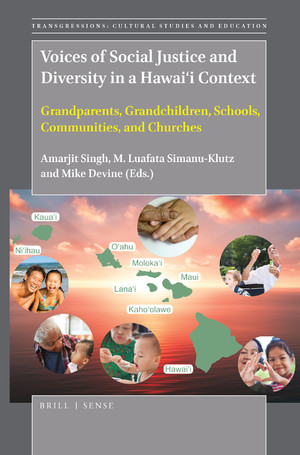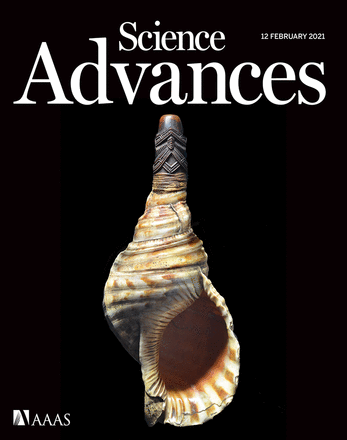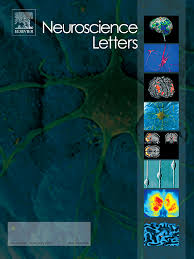A publisher retracted a book last year after the home institution of one of the editors, the University of Hawai’i, “identified research protocol violations by two of the editors, which constitute Serious Non-Compliance.”
The 2019 book, Voices of Social Justice and Diversity in a Hawai‘i Context, was edited by Amarjit Singh and Mike Devine, of Memorial University in Newfoundland, and M. Luafata Simanu-Klutz of the University of Hawai’i.
According to the book’s description, it:
Continue reading “Serious non-compliance” prompts retraction of book on social justice in Hawai’i







